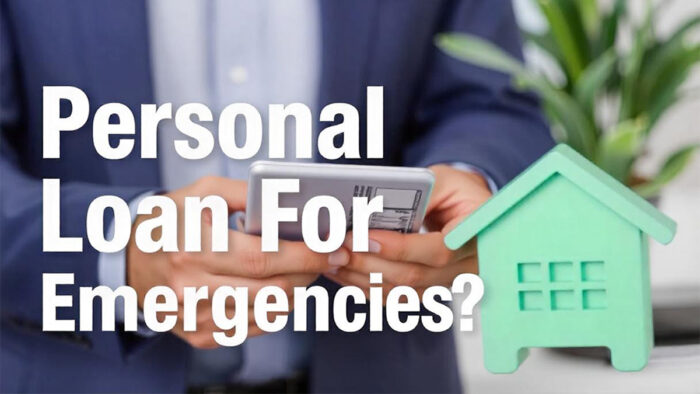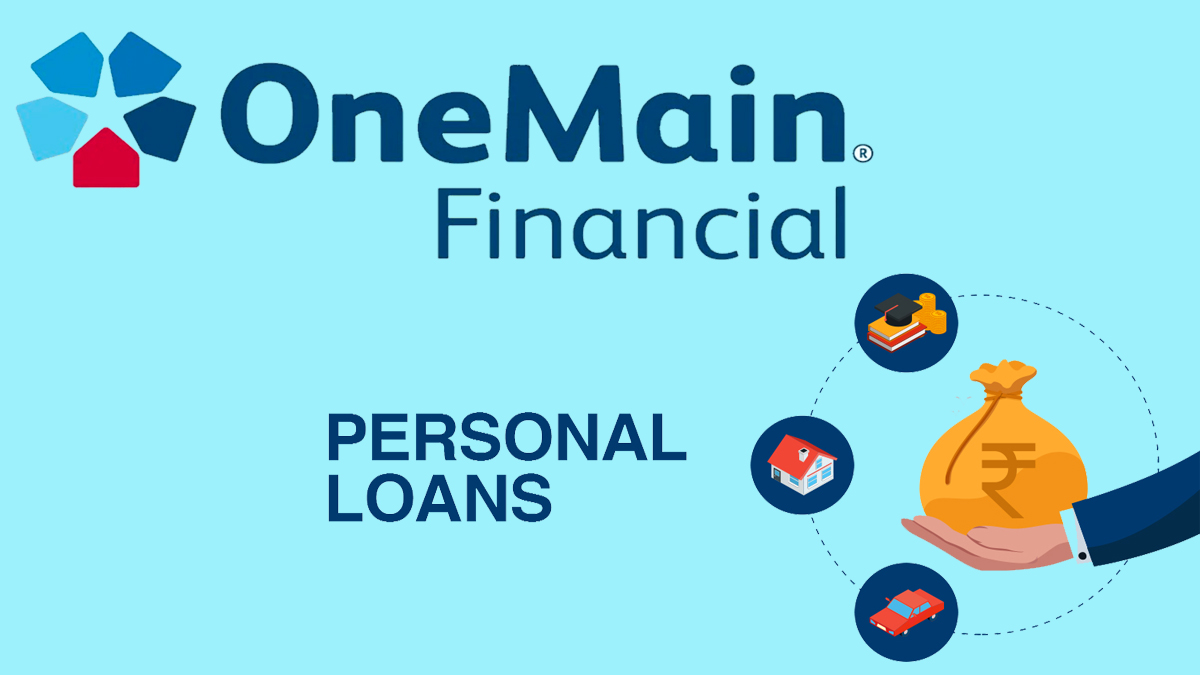Yes, a personal loan can be a very good funding option for emergencies. However, you need to keep in mind that this totally depends on your financial situation.

Although personal loans can provide a great way to access funds when you need them most, it is still very important to weigh the benefits and potential drawbacks before deciding if it’s the right solution for your situation. In this article, we will discuss everything you need to know about using a personal loan for emergencies.
What Can Personal Loans Be Used For?
Personal loans are one of the most flexible types of financial loan methods available. They are widely offered by banks, credit unions, and online lenders. You can use them for a wide range of purposes; these include;
- Handling financial emergencies
- Consolidating debt
- Repairing a vehicle or home
- Renovating your house
- Covering wedding expenses
- Paying for moving costs
- Settling medical bills
- Covering funeral costs
- Funding a vacation
- Starting a business
However, you need to keep in mind that some lenders might have restrictions. In most states, you can’t use personal loans for education, investments, illegal activities, and sometimes even business expenses.
Pros and Cons of Using a Personal Loan as an Emergency Fund
If your emergency fund is low or you’re just starting to build one, using a personal loan could help. However, it is very important to check out the advantages and disadvantages before deciding.
Pros
- Peace of mind: Even though you’ll have monthly payments, having a solid emergency fund from a personal loan can offer peace of mind for unexpected expenses.
- Potentially affordable with good credit: If your credit is strong, you might qualify for interest rates as low as 6%, making the loan more affordable. If you’re comfortable with the monthly payments and willing to pay some interest for added security, this option might work for you.
- Quick access to funds: Waiting until an emergency hits to apply for a loan or credit card might leave you without timely access to cash. A personal loan gives you funds when you need them most.
Cons
- Costly with poor credit: Without excellent credit, qualifying for a low interest rate can be a very difficult process. This makes the loan more expensive. The larger the loan, the higher the interest charges.
- High monthly payments: Depending on the loan amount, monthly payments might be tough to manage. Extending the repayment term can lower the payment but increase the total interest paid.
- Possible unnecessary: Going into debt should be a last resort, especially if it’s expensive. Only consider a personal loan if it’s truly necessary.
Alternatives to Using a Personal Loan for an Emergency Fund
While a personal loan might seem like a quick solution to build an emergency fund, it’s not always the best choice. Here are some alternatives to consider:
• Make a budget
Review your recent income and expenses to see where your money goes. This helps you adjust your spending and focus on saving for emergencies.
• Pay yourself first
Treat your savings like a regular bill by including it in your budget. Set up automatic transfers from your checking to your savings account every payday to ensure you’re consistently building your emergency fund.
• Use credit cards
In a small financial emergency, using a credit card might be cheaper than taking out a personal loan, especially if you can pay it off quickly. If you qualify, consider a 0% intro APR credit card to avoid interest if you can repay the balance before the promotional period ends.
• Borrow from friends or family
Asking your family and loved ones to help is another option during tough times. While it’s not ideal, it can be a temporary solution without the burden of high-interest debt. Just ensure that you agree on terms and repay the loan as promised.
Using a personal loan to build your emergency fund can be quite a risky decision, especially if your credit isn’t strong. While there are potential advantages, the risks often outweigh the pros for many individuals. If you’re thinking about a personal loan for emergencies, a financial advisor can assist by matching you with loans that suit your credit profile.
Frequently Asked Questions
What is a personal loan?
A personal loan is a type of unsecured loan that is gotten from a lender and is always used for emergencies or personal expenses.
When should I consider a personal loan for emergencies?
You should consider this funding process when you need help for unexpected events like car repairs, medical bills, or home damage.
Who is eligible for a personal loan?
People with good credit history, stable income, and meet the lender’s lending requirements.
What are the documents required for a personal loan?
Documents required are but are not limited to proof of income, employment verification, ID income, and credit report.



